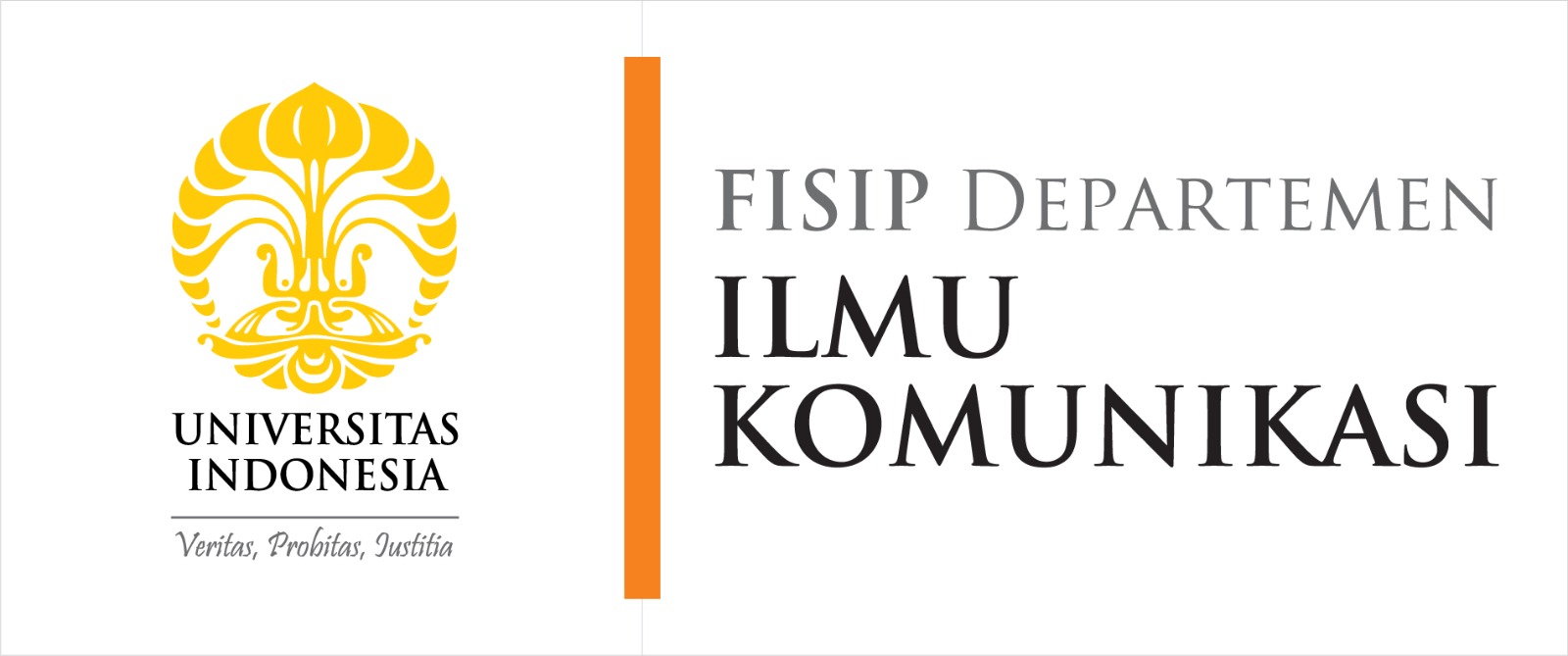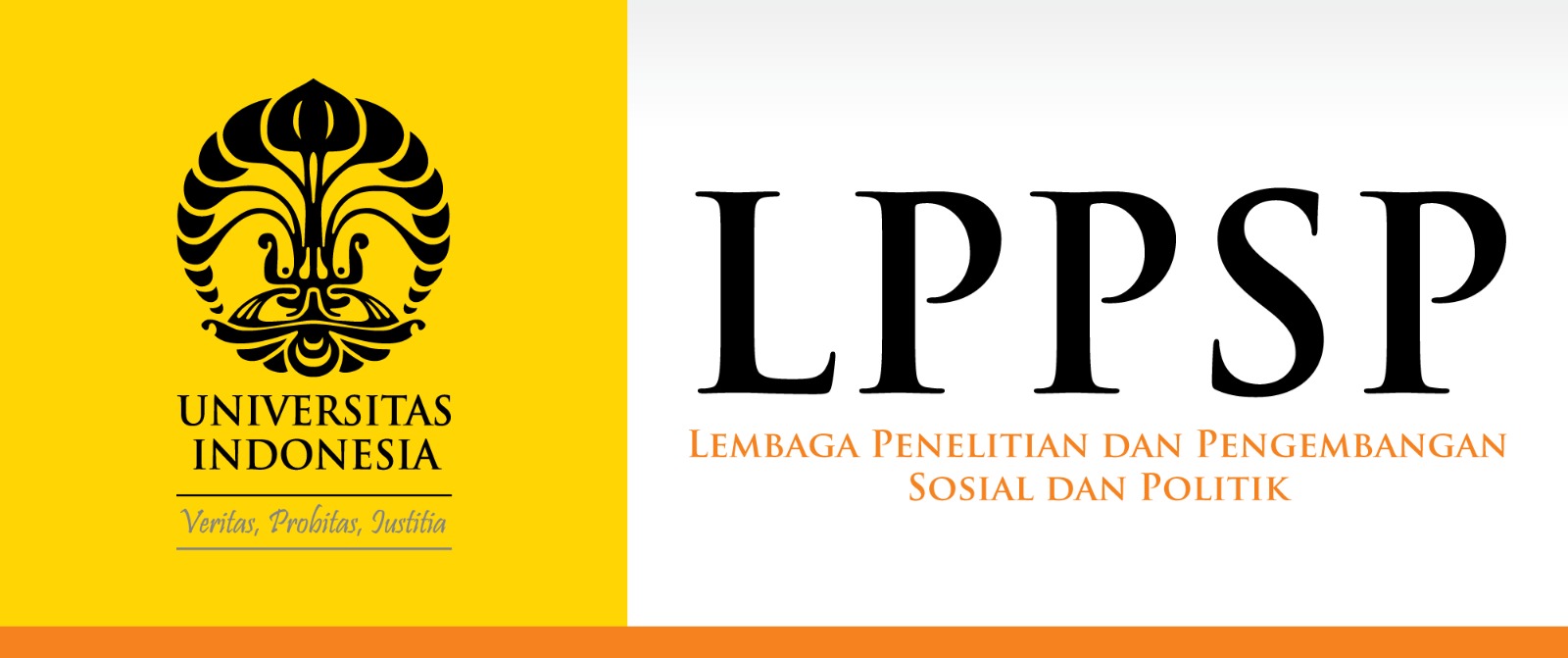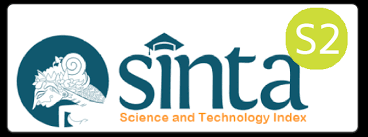Jurnal Komunikasi Indonesia
Abstract
The role of the younger generation in politics has played an important role in shaping Indonesian democracy. Since the era of the independence revolution until the post- reform era, young people have become central actors to be a guardian of democracy, especially participation in elections. Although the active role of young people is mostly carried out in various extra-parliamentary ways, such as street demonstrations, young people are now increasingly focusing on efforts to combat disinformation/misinformation in cyberspace. This stance is in line with the current development of democracy which leads to the digital world so that young people are also adaptive. The development of Indonesia's digital world directly impacts participation in contemporary elections. Following up with the various arguments previously presented, this study seeks to further elaborate on the political expression of young people in elections, particularly in educating the impact of disinformation. Furthermore, the method used is descriptive analysis by critically reviewing various previous research findings, be it publications in books, journals, or other relevant literature. The research results show that the role of young people is actually active, but differences in socio- economic and socio-demographic backgrounds are obstacles in participating actively in fighting disinformation. In addition, digital literacy, which is still unequal among young people, is also a challenge that needs to be addressed immediately in order to realize better quality Indonesian elections and democracy in general going forward
References
Abdullah, I. (2018) ‘Misrepresentation of science and expertise: Reflecting on half a century of Indonesian anthropology’, Humaniora, 30(1), pp. 82–91.
Al Asyari, H. (2023) ‘Between Freedom And Protection: A Critical Review Of Indonesia’S Cyberspace Law’, Prophetic Law Review, 5(1), pp. 79–103.
Aji, N., & Dartanto, T. (2018). Behind Jokowi's victory: Did economic voting matter in the 2014 Indonesian presidential election? Asia-Pacific Journal of Regional Science, 2(1), 115-138. https://doi.org/10.1007/s41685-018- 0083-3
Anwar, R.K., Khadijah, U.L.S. and Rizal, E. (2023) ‘Rise against rumors: Leveraging online social movements for hoax prevention by netizens’, Jurnal Kajian Komunikasi, 11(2), pp. 268–287.
APJII, A. (2021). Internet Survey Report 2019-2020. Indonesia Survey Meter.
Armanda, M.L. and Yosintha, R. (2022) ‘The role of critical digital literacy in foreign language learning: A survey on young learners’, Eternal (English, Teaching, Learning, and Research Journal), 8(1), pp. 160–173.
Astuti, Y.D. (2021a) ‘Digital Literacy Competence Of Indonesian Lecturers On Analysis Hoax In Social Media’, Library Philosophy and Practice (e-journal) [Preprint].
Astuti, Y.D. (2021b) ‘Digital Literacy Competence Of Indonesian Lecturers On Analysis Hoax In Social Media’, Library Philosophy and Practice, p. 0_1-12.
Azkiya, N.R. et al. (2023) ‘Analysis Of The Impact Of Social Media On The Political Participation Of Indonesian Youth In The Perspective Of Defense Management’, NUSANTARA: Jurnal Ilmu Pengetahuan Sosial, 10(7), pp. 3533–3545.
Balleys, C. et al. (2020) ‘Searching for oneself on YouTube: Teenage peer socialization and social recognition processes’, Social Media+ Society, 6(2), p. 2056305120909474.
Cobis, M.Y. and Cangara, H. (2023) ‘Social Media as A Political Space in The Digital Age’, Perspektif, 12(3), pp. 770–785.
Faizah, N. (2020) ‘Hoax, Millennial generation, and Social Media in the Indonesian Democratic Circle’, in. Proceedings of the 19th Annual International Conference on Islamic Studies, AICIS 2019, 1-4 October 2019, Jakarta, Indonesia.
Gil de Zúñiga, H., Ardèvol-Abreu, A. and Casero-Ripollés, A. (2021) ‘WhatsApp political discussion, conventional participation and activism: exploring direct, indirect and generational effects’, Information, communication & society, 24(2), pp. 201–218.
Hendry, N.A. (2020) ‘Young women’s mental illness and (in-) visible social media practices of control and emotional recognition’, Social Media+ Society, 6(4), p. 2056305120963832.
Ida, R., Saud, M. and Mashud, M. (2020) ‘An empirical analysis of social media usage, political learning and participation among youth: a comparative study of Indonesia and Pakistan’, Quality & Quantity, 54, pp. 1285–1297.
Hidayah, N., Suryani, C., Astuti, S., Safitri, P., Danuaji, K., & Wiryadigda, P. (2023). Hoax Mapping Report 2021. Diandra.
Jati, W.R. (2016) ‘Cyberspace, internet, dan ruang publik baru: Aktivisme online politik kelas menengah Indonesia’, Jurnal Pemikiran Sosiologi, 3(1).
Luthfia, A. et al. (2021a) ‘The role of digital literacy on online opportunity and online risk in Indonesian youth’, Asian Journal for Public Opinion Research, 9(2), pp. 142–160.
Luthfia, A. et al. (2021b) ‘The role of digital literacy on online opportunity and online risk in Indonesian youth’, Asian Journal for Public Opinion Research, 9(2), pp. 142–160.
Luthfia, A. et al. (2023) ‘Navigating the Cyber Frontier: Youth Capabilities to Confront Dis/Misinformation with Digital Literacy and Digital Security’, in. 2023 17th International Conference on Telecommunications (ConTEL), IEEE, pp. 1–8.
Mansur, S. et al. (2021) ‘Fake news on social media and adolescent’s cognition’, Jurnal ASPIKOM, 6(1), pp. 29–41.
Manullang, S.O. (2022) ‘The Legality of Devious Cyber Practices: Readiness of Indonesia’s Cyber Laws’, Society, 10(2), pp. 489–502.
Masduki (2021) ‘The Politics of Disinformation in Indonesia (2014–2019)’, Politics of Disinformation: The Influence of Fake News on the Public Sphere, pp. 67–78.
Masduki (2022) ‘Cyber-troops, digital attacks, and media freedom in Indonesia’, Asian Journal of Communication, 32(3), pp. 218–233.
Mujani, S. (2020). Religion and Voting Behavior: Evidence from the 2017 Jakarta Gubernatorial Election. Al-Jami'ah: Journal of Islamic Studies; Vol 58, No 2 (2020). https://doi.org/10.14421/ajis.2020.582.419-450
Moran, P. (2020) ‘Social media: A pandemic of misinformation’, The American Journal of Medicine, 133(11), p. 1247.
Muzykant, V.L. et al. (2021) ‘Fake news on COVID-19 in Indonesia’, in Pandemic Communication and Resilience. Springer, pp. 363–378.
Nugroho, C. and Nasionalita, K. (2020) ‘Digital literacy index of teenagers in Indonesia’, Pekommas, 5(2), pp. 215–223.
Paterson, T. (2019) ‘Indonesian cyberspace expansion: a double-edged sword’, Journal of Cyber Policy, 4(2), pp. 216–234.
Prianto, A.L. et al. (2022) ‘Government, digital society and industry 4.0: connective action against covid-19 fake news’, in. International Conference on Digital Technologies and Applications, Springer, pp. 480–491.
Raharjo Jati, W. (2022) ‘Polarization of Indonesian Society during 2014-2020: Causes and Its Impacts toward Democracy’, Jurnal Ilmu Sosial dan Ilmu Politik; Vol 26, No 2 (2022): November [Preprint]. Available at: https://doi.org/10.22146/jsp.66057.
Rahmawati, D. et al. (2021) ‘Mapping disinformation during the Covid-19 in Indonesia: Qualitative content analysis’, Jurnal ASPIKOM, 6(2), pp. 222–234.
Rakhmani, I. and Saraswati, M.S. (2021) ‘Authoritarian Populism in Indonesia: The Role of the Political Campaign Industry in Engineering Consent and Coercion’, Journal of Current Southeast Asian Affairs, p. 18681034211027885. Available at: https://doi.org/10.1177/18681034211027885.
Sampige, R. et al. (2024) ‘Education and Misinformation: Exploring Ophthalmology Content on TikTok’, Ophthalmology and Therapy, 13(1), pp. 97–112.
Santoso, D.H. (2021) ‘New media and nationalism in Indonesia: An analysis of discursive nationalism in online news and social media after the 2019 Indonesian presidential election’, Jurnal Komunikasi: Malaysian Journal of Communication, 37(2), pp. 289–304.
Saputro, R.H. et al. (2023) ‘Gaining Millenial and Generation Z Vote: Social Media Optimization by Islamic Political Parties’, resmilitaris, 13(1), pp. 323–336.
Setiawan, K.M. (2022) ‘Vulnerable but Resilient: Indonesia in an Age of Democratic Decline’, Bulletin of Indonesian Economic Studies, 58(3), pp. 273–295.
Seto, A. (2017) ‘Netizenship, activism and online community transformation in Indonesia’.
Susilo, M.E., Afifi, S. and Yustitia, S. (2020) ‘Hoax as a reflection on the low digital literacy in Indonesia’, in. Proceedings of the Second International Conference on Social, Economy, Education, and Humanity (ICoSEEH 2019)-Sustainable Development in Developing Country for Facing Industrial Revolution, pp. 165–174.
Suwana, F. (2021) ‘Content, changers, community and collaboration: Expanding digital media literacy initiatives’, Media Practice and Education, 22(2), pp. 153–170.
Syahputra, I. et al. (2024) ‘Escaping social media: the end of netizen’s political polarization between Islamists and nationalists in Indonesia?’, Media Asia, 51(1), pp. 62–80.
Syam, H.M. and Nurrahmi, F. (2020) ‘I Don t Know If It Is Fake or Real News How Little Indonesian University Students Understand Social Media Literacy’, Jurnal Komunikasi: Malaysian Journal of Communication, 36(2), pp. 92–105.
Tyson, A., Kennedy, B. and Funk, C. (2021) ‘Gen Z, Millennials stand out for climate change activism, social media engagement with issue’, Pew Research Center, 26.
Vissenberg, J. and d’Haenens, L. (2020) ‘“I sometimes have doubts about the news on Facebook”: Adolescents’ encounters with fake news on the internet’, Jurnal Komunikasi Indonesia, 9(2), pp. 64–70.
Yilmaz, I. and Barton, G. (2021) ‘Political Mobilisation of Religious, Chauvinist, and Technocratic Populists in Indonesia and Their Activities in Cyberspace’, Religions, 12(10). Available at: https://doi.org/10.3390/rel12100822.
Zeng, J. and Abidin, C. (2021) ‘“# OkBoomer, time to meet the Zoomers”: Studying the memefication of intergenerational politics on TikTok’, Information, Communication & Society, 24(16), pp. 2459–2481.
Recommended Citation
Jati, Wasisto Raharjo
(2024)
"From Millennial to Generation Z: The State of Digital Literacy among Youths Dealing with Disinformation During Elections,"
Jurnal Komunikasi Indonesia: Vol. 13:
No.
1, Article 29.
DOI: 10.7454/jkmi.v13i1.1228
Available at:
https://scholarhub.ui.ac.id/jkmi/vol13/iss1/29
Included in
Gender, Race, Sexuality, and Ethnicity in Communication Commons, International and Intercultural Communication Commons, Social Influence and Political Communication Commons




